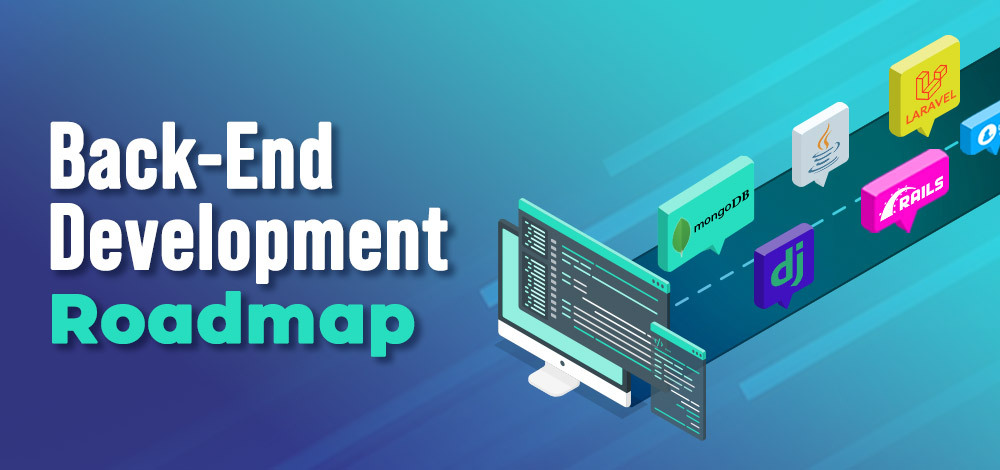Pulse of Information
Your source for the latest insights and updates.
Behind the Curtain of Back-End Development
Uncover the secrets of back-end development! Dive into techniques, tips, and trends that power the web behind the scenes.
Understanding the Role of APIs in Back-End Development
Understanding the role of APIs in back-end development is crucial for modern web applications. APIs, or Application Programming Interfaces, serve as the intermediaries that enable different software systems to communicate seamlessly. They allow developers to integrate various services and functionalities into their applications without having to build everything from scratch. By exposing certain functionalities of a back-end service, APIs can help in creating a more modular architecture, enabling a smoother workflow for both front-end and back-end developers.
Furthermore, the implementation of APIs enhances scalability and flexibility in back-end development. For instance, microservices architecture leverages APIs to ensure that individual components can be updated or modified independently. This means that as businesses grow, they can easily adapt their services by incorporating new features or integrating third-party solutions. As a result, understanding APIs not only empowers developers to build more robust applications but also plays an essential role in the overall efficiency and maintainability of the software development lifecycle.

The Importance of Database Management in Back-End Systems
Database management plays a critical role in the performance and reliability of back-end systems. By effectively organizing, storing, and retrieving data, businesses can ensure that their applications run smoothly and efficiently. A well-managed database allows for quick access to information, which is crucial for enhancing user experience and maintaining customer satisfaction. Additionally, proper database management helps in maintaining data integrity and security, minimizing the risks of data breaches and inconsistencies.
Moreover, the importance of database management extends beyond just operational efficiency. It also contributes to informed decision-making by enabling businesses to analyze and interpret data effectively. With back-end systems leveraging databases for analytics, organizations can uncover valuable insights and trends that drive strategic initiatives. This proactive approach not only enhances competitiveness but also fosters innovation in product and service offerings. Thus, investing in robust database management practices is essential for any organization looking to thrive in today's data-driven landscape.
Common Mistakes to Avoid in Back-End Development
Back-end development is a crucial aspect of web applications, but developers often make common mistakes that can hinder performance and security. One major mistake is neglecting to implement proper error handling. Without adequate error handling, applications can expose sensitive information and lead to a poor user experience. To avoid this, developers should use structured ways to manage errors, ensuring that users see friendly messages instead of system errors, while also logging details for developers to troubleshoot later.
Another frequent pitfall in back-end development is failing to optimize database queries. Slow database queries can significantly impact an application’s performance, leading to increased load times and a frustrating user experience. To prevent this, developers should prioritize database indexing, avoid using SELECT * in queries, and utilize tools for performance monitoring to identify and rectify slow queries. By addressing these common mistakes early, developers can build more efficient, scalable, and secure back-end systems.